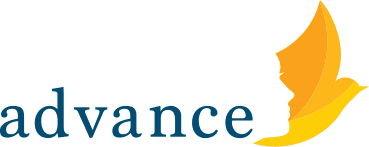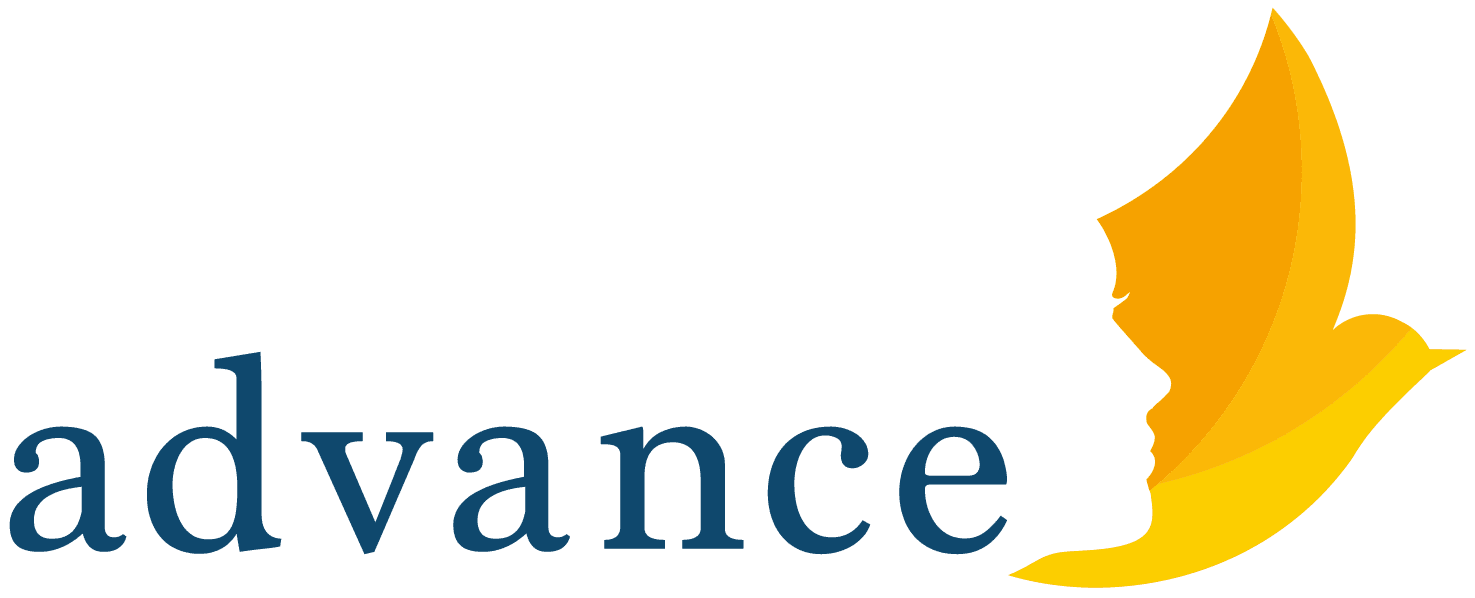The peer mentor role is for women who have lived experience of the criminal justice system, to offer additional support to the women accessing our services at Advance’s Minerva. As part of Minerva’s Wrap-Around project, we specifically support women with multiple disadvantage alongside their experience of the criminal justice system, in particular, experience of drugs and alcohol misuse, mental health, domestic abuse and other forms of gendered violence.
As volunteers, our peer mentors primarily provide emotional support to these women, assisting with their engagement at key-working sessions and group programmes, delivering one-to-one support, and helping them access external support services in specialist areas as appropriate.
I was arrested for possessing a weapon. During a meeting with my probation officer, she asked me, ‘Have you ever thought about becoming a peer mentor?’ Years back, when Boris Johnson was Mayor, I had mentored young black men as part of a London project, and loved it. So I thought I’d have a go with Advance.
The training was amazing. It was over a few days and my group of women, we got along so good. The trainers were so inspirational, really made you think about things beyond convictions. It wasn’t about what had happened, stuff that held us back – it was about who we were and what we could do. It really gave us a new perspective. When you get a conviction, you can get into this cycle of negativity: you feel like you can’t do anything, you think the only job you can get is a dead-end job. But this made us feel like, Great, I can do this!
As Peer Mentors, we support the women who come through Advance’s services. I’ve been a Peer Mentor during Covid, so we haven’t done a lot of face-to-face work. Normally we’d go with women to appointments if they wanted, or out to meet them. But we have been doing lots over the phone: checking in, supporting them.
As a Peer Mentor, you’re a listening ear. The keyworkers have a lot of skills to help women and get things done, which is amazing, but as Peer Mentors, our relationships are different. To me, it’s like needing to get into a club that’s really hard to get into, and people are queuing outside, and then suddenly you realise you know the bouncer. They tell you what to say and how you can get in, and next thing you know you’re in the VIP area. Peer Mentors are the link to get you into the club: we show women what’s possible and that they don’t have to stand outside in the cold.
A lot of the women I speak to, they’re tired of professionals and they’re tired of feeling judged. As a Peer Mentor, they know you’ve been through what they’re going through, so they trust you – they can just be themselves right away.
One of the most important things we do is understand what women are going through, because we’ve been there, but we don’t normalise the things that shouldn’t be. So when a woman tells me that her boyfriend punched her, yeah, where I’m from, that’s something a lot of people do. But I can say to her, ‘Yes, I’ve been there, but you don’t have to accept this.’
I became a Peer Mentor in 2019, and since then, I’ve managed to get a temp role at Advance as a Women’s Centres Assistant. It’s great experience, I love it, and it’s going to be great on my CV. It’s built my confidence and I still can’t believe the transition I’ve made from being on probation, to being a Peer Mentor, to this. It’s amazing that Advance gives people that opportunity.
I’ve definitely been through some really hard times, but I believe that sometimes you have to go through a storm to get to the shore. Everything that’s happened has helped me find my purpose: I never knew this is what I wanted to do – I feel like I’ve found my calling, found my voice.
Helena is now a Keyworker with a partner organisation working to divert women away from the criminal justice system.
*Not her real name
Criminal Justice Services![]()


